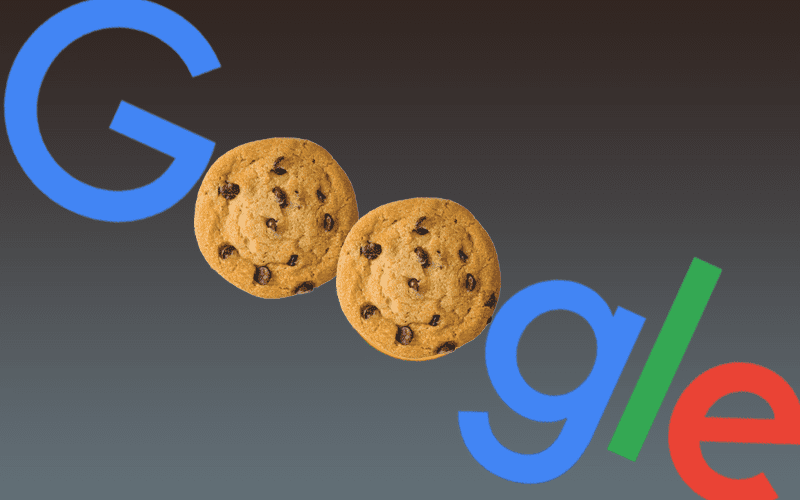In a surprise move, Google announced it would reverse its years-long plan to phase out third-party cookies.
Google announced on Monday that it is reversing its long-planned move to scrap third-party cookies. The surprise announcement has profound implications for the future of the internet and internet advertising.
What exactly are cookies?
Cookies are small pieces of code that websites use to communicate to the browser of people visiting the site. They remain in the background and track the user’s online activity. They collect information on what’s being searched, what products are being bought, and what sites are being visited. They provide a key way for advertisers to gather information that allows them to target individuals with advertising messaging.
The practice of using third-party cookies to track web activity and gather user information has become foundational to advertisers and their online marketing efforts. It’s estimated that about 41% of all websites use cookies to gather user data.
An example of cookies in action would be when you search for a new watch and a few minutes later ads for those same watches pop up on one of the social media sites you visit.
In addition to search tracking, cookies are also a key part of how the internet functions. They play a critical role in keeping a user signed into a website as they browse from one webpage to another and facilitate the smooth return to sites previously visited.
The evolution of Google’s plans to end cookies.
Initially, Google sought to introduce an alternative to cookies that was more privacy-focused. An initiative known as “Privacy Sandbox” was launched in 2019. It sought to find a solution that protected user privacy while still allowing content to remain freely available on the web.
In 2020, Google said it would end support for cookies when it figured out a solution that worked for users, publishers and advertisers alike. Early 2022 was the initial targeted launch window for the Google’s new alternatives to cookies.
One major challenge to doing away with cookies was how to do it while ensuring that the internet remained open and free. If third-party cookies are removed it would mean website owners would struggle to monetize their audiences and could lead to gated or paywalled content.
Negative feedback from the advertising industry over the impending changes caused Google to push back their timeline for phasing out cookies on multiple occasions.
So, what now?
And so now, this past Monday, Google has decided to finally terminate its planned depreciation of third-party cookies.
The move seemingly indicates Google’s acknowledgement that the advertising industry simply isn’t ready for this kind of change. In addition, it shows Google’s confidence in its ability to develop features in its Chrome browser that will allow consumers greater choices and privacy options.
In a recent blog post, the Google said it will “introduce a new experience in Chrome that lets people make an informed choice that applies across their web browsing.”
Google hasn’t provided specific details on what its new approach would look like, but said that it is discussing the “new path with regulators, and will engage with the industry as we roll this out.”
For now, Google’s decision will probably mean the way we interact with the internet will look mostly the same.
Users will still see popups and check boxes on web pages asking whether they want to accept all cookies, or just essential ones.
The implications will be bigger for advertisers as the data they get from tracking users around the web will presumably continue more or less as is.
For more information on the tech issues impacting your world, contact wedoit.co

